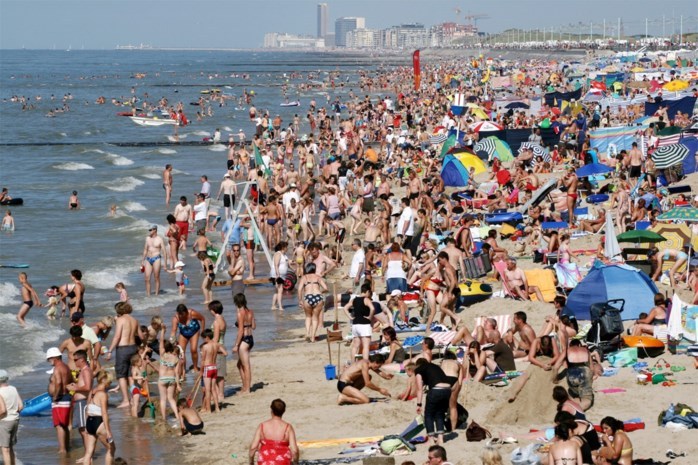Belgian travellers returning to the country from places with high coronavirus infection rates cannot be forced to quarantine, due to a lack of legal framework in the country to do so.
Despite several countries in Europe tightening restrictions or imposing local lockdowns again, Belgium has no federal framework in place to make sure returning travellers are coronavirus-free before getting back in society.
For the time being, it is "highly recommended" for returning travellers to self-quarantine while waiting for their test results, according to Federal Health Minister Maggie De Block, as there is no legal framework to make it compulsory in Belgium.
"The testing and quarantining of returning travellers is considered prevention policy, which is a regional competence, not a federal one," Peter Poulussen, spokesperson for De Block, told The Brussels Times.
De Block recently pointed to everyone's "joint responsibility" to self-quarantine when advising Belgians returning from the Spanish region of Catalonia to go into quarantine, after the region put 200,000 people in lockdown again.
"However, that is not to say that there cannot be a uniform regulation, but that is something that the regions will have to discuss with each other," Poulussen added. Flanders has reportedly started looking into how it could make such a quarantine compulsory in the region, but synchronising different approaches could still take some time.
Related News
- Coronavirus: Expert group to review travel measures for at-risk returnees
- Tourist travel should not be allowed yet, says Marc Van Ranst
- Belgians returning from Catalonia should be quarantined, says De Block
However, several experts have recently drawn attention to the need for such a federal legal framework. "We expect that there will also be outbreaks in our country," said Herman Goossens, professor microbiology at the UZ Antwerp. "A roadmap that makes clear how to deal with returning travellers has to be in place by the end of this week," he added.
Infectious disease expert Erika Vlieghe, who chairs the Group of Experts for the Exit Strategy (GEES), also stated that a mandatory quarantine for people returning from at-risk areas was needed.
The GEES also asked to launch a campaign that had to dissuade people from travelling abroad this summer, but that never happened. "On the contrary, there is a great deal of pressure to open up the borders with other countries," Vlieghe told VRT.
This weekend, virologist Marc Van Ranst even stated that tourist travel should not be allowed yet, stressing that 94% of the population has no antibodies against the virus. According to him, this could create the same situation as in February, when the virus was introduced in Belgium after many travellers returned from a holiday in Northern-Italy.
On Monday morning, the Risk Management Group (RMG), which advises the government in the fight against the coronavirus, recommended issuing official advice against travelling to high-risk areas, such as Catalonia, but systematic testing of returning tourists would not be necessary.
Returning tourists should consult their GP, who can check their travel history to see whether they have any symptoms and whether they have been in contact with confirmed infected people during the last week.
Maïthé Chini
The Brussels Times

